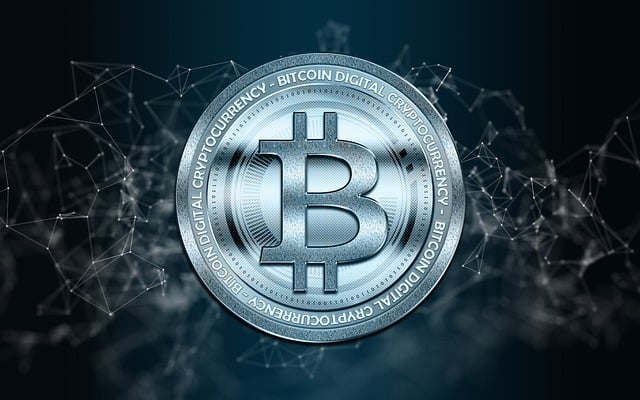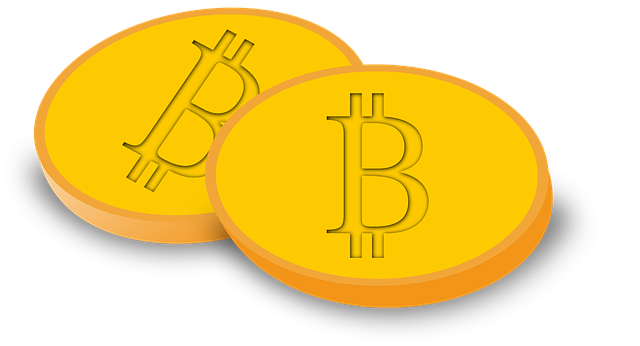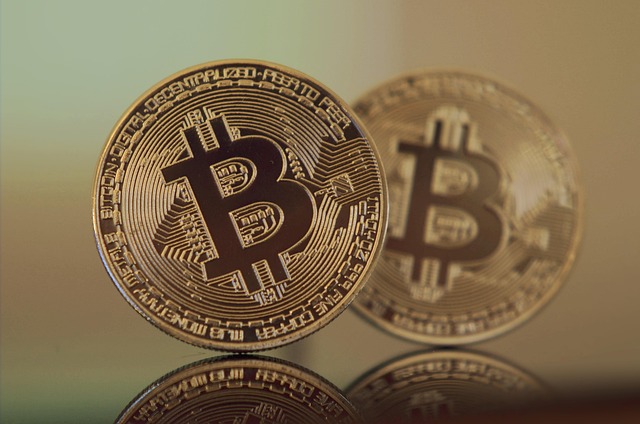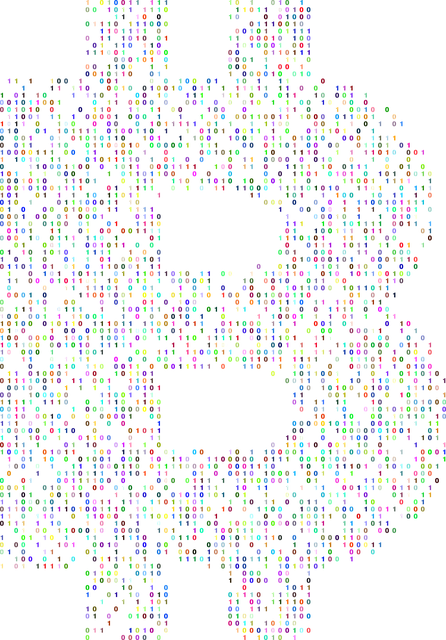Bitcoin Cash's decentralized governance is driven by an open community involving developers, miners, users, and volunteers, ensuring diverse perspectives shape network decisions through transparent discussions and voting on upgrades, features, and protocol changes. This democratic process, facilitated by open forums, dApps, and blockchain-based voting, encourages innovation while maintaining ecosystem integrity and fairness. Key players like nodes and miners, particularly those with computational power, influence critical decisions, enabling Bitcoin Cash to evolve, adapt, and preserve decentralization in the digital landscape.
In 2025, Bitcoin Cash (BCH) continues to set a precedent for decentralized community governance within cryptocurrency. This article delves into the intricate process by which decisions are made in the BCH ecosystem, highlighting its unique approach to on-chain governance. We explore how nodes and miners play pivotal roles in shaping network rules through proposals, voting, and consensus mechanisms. Additionally, we provide insights for interested parties on participating and influencing this democratic process, fostering a vibrant and engaged Bitcoin Cash community.
- The Decentralized Nature of Bitcoin Cash Governance
- – Exploring the community-driven decision-making process
- – Role of nodes and miners in shaping network rules
The Decentralized Nature of Bitcoin Cash Governance
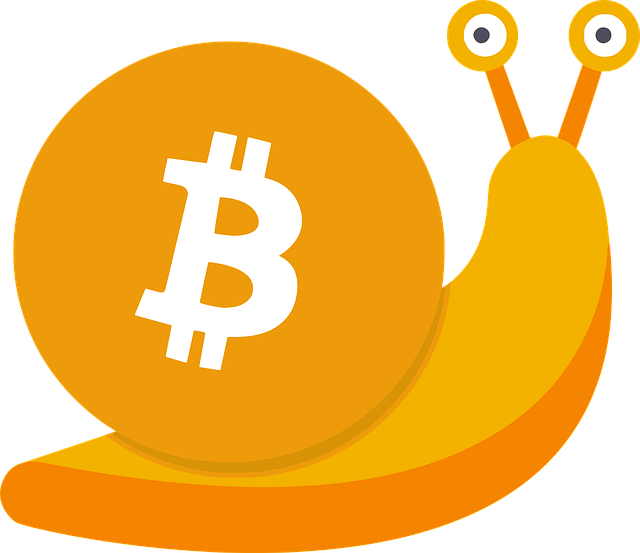
Bitcoin Cash’s governance is a testament to its decentralized nature, reflecting the core principles of blockchain technology. Decisions within the community are not made by any centralized authority but instead emerge from collective consensus. This process involves various stakeholders, including developers, miners, users, and dedicated volunteers, all contributing their unique perspectives.
The decentralized governance model encourages open participation, ensuring that a diverse range of ideas and concerns are considered when shaping Bitcoin Cash’s future. Through transparent discussions and collaborative efforts, the community navigates the evolution of the network, from protocol updates to on-chain feature implementations. This inclusive approach fosters innovation while maintaining the integrity of the Bitcoin Cash ecosystem in 2025 and beyond.
– Exploring the community-driven decision-making process
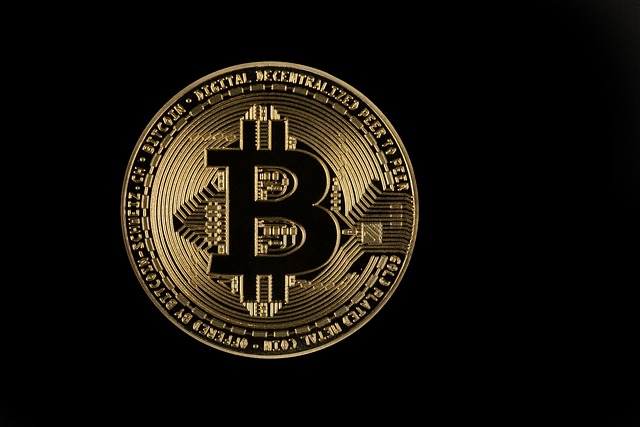
In Bitcoin Cash, community governance is a cornerstone of its decentralized nature, where decisions are shaped by the collective will of its users and stakeholders. This community-driven approach fosters transparency and ensures that every voice is heard in the decision-making process. The heart of this mechanism lies in an open forum where passionate individuals, developers, and long-time supporters engage in discussions, share ideas, and vote on proposals related to network upgrades, new features, and protocol changes. This democratic process allows for a diverse range of perspectives, encouraging innovative solutions while mitigating risks through consensus.
The community governance model of Bitcoin Cash is designed to be inclusive and adaptable. It leverages cutting-edge technology like decentralized applications (dApps) and voting systems built on the blockchain to ensure fairness and security. This system not only empowers users but also attracts developers who are driven by the community’s collective vision. As a result, Bitcoin Cash continues to evolve, adapting to the ever-changing digital landscape while maintaining its core principles of decentralization and peer-to-peer value exchange.
– Role of nodes and miners in shaping network rules

In the Bitcoin Cash ecosystem, nodes and miners play pivotal roles in shaping the network’s rules and direction. Every node in the network participates in validating transactions and maintaining a copy of the blockchain, collectively ensuring its security and decentralization. However, the real power lies with the miners, who are responsible for verifying and adding new blocks to the chain. By consensus, miners must adhere to specific rules, such as the protocol’s proof-of-work requirements, to ensure the network’s integrity.
Through their collective efforts, nodes and miners influence key decisions regarding network upgrades, protocol changes, and the adoption of new features. For instance, when considering a significant alteration like an upgrade to the consensus mechanism, a robust discussion is initiated within the community, often driven by proposals on platforms dedicated to Bitcoin Cash governance. Miners, as the ones with the computational power to implement these changes, play a crucial role in either endorsing or rejecting such proposals, ultimately shaping the future of the network, #Bitcoin-Cash.
By 2025, Bitcoin Cash’s community governance remains a shining example of decentralized democracy in action. The network’s unique structure empowers every node and miner to participate in shaping its future through an open and transparent process. This collective effort ensures that decisions reflect the needs and aspirations of the global Bitcoin Cash user base, fostering a truly inclusive and robust digital currency ecosystem.
